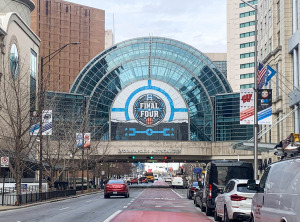
Braun, think tank join forces to chart conservative path
Not-for-profit Hoosiers for Opportunity, Prosperity & Enterprise seeks to become a major player in Indiana’s political ecosystem by developing a framework of conservative policy that lawmakers can deploy at the Statehouse.
















